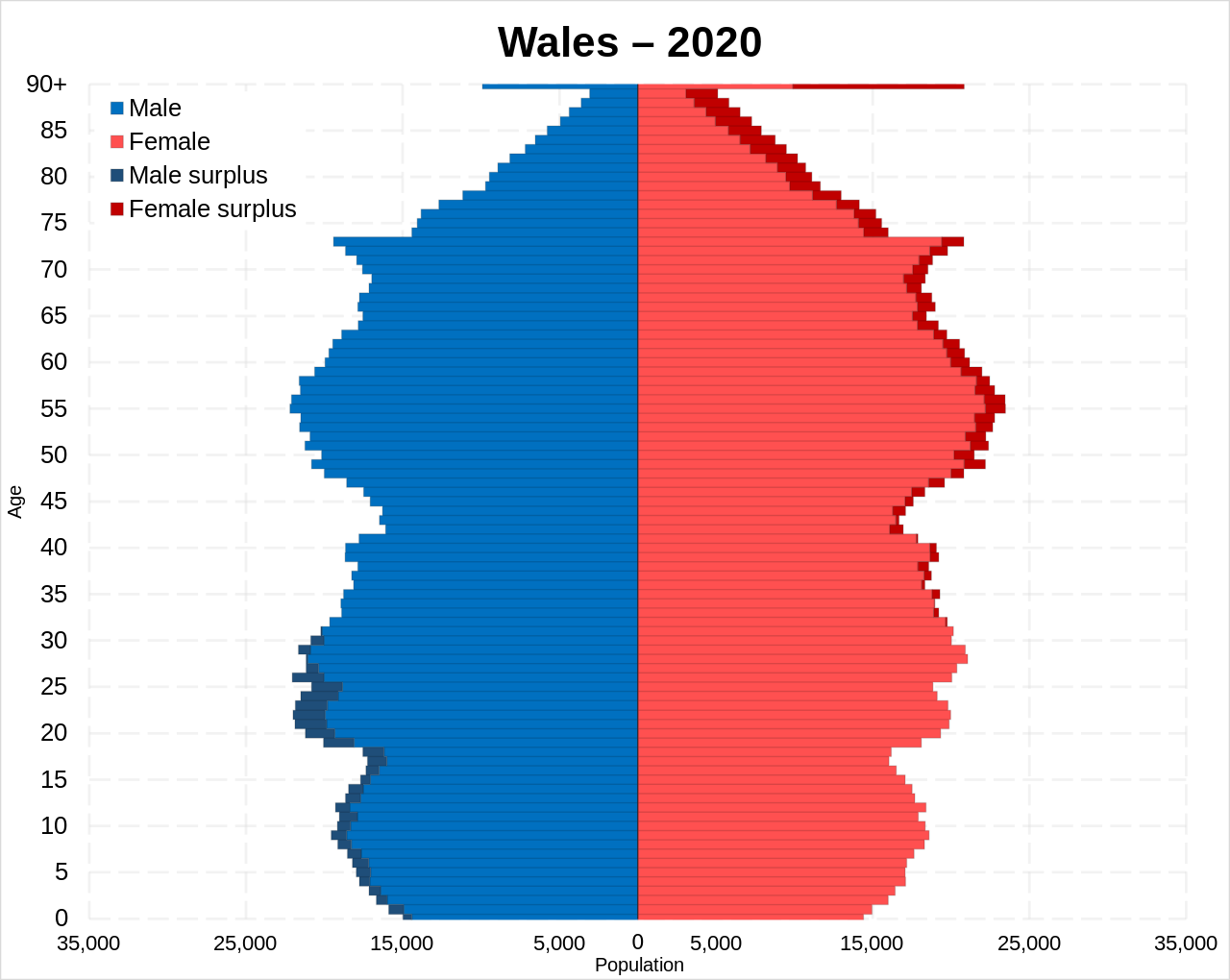Bevan Buckland LLP are sponsoring the Neurodiversity Zone at the ‘Mastering Diversity Conference‘ at Cardiff City Hall on September 18th. I am personally involved with Autistic Minds, a charity that supports those with autism, part of their mission is to help people with more severe autism into employment – hence the advocacy. However, it raises the bigger question of whether or not diversity and inclusion are important for an organisation.
The two most significant socio-economic issues facing Wales are workforce non-participation and demographics, so the short answer is that unless we can get more people into the workforce and attract people with skills and talent into the region, Wales faces an uphill struggle to generate meaningful economic growth and potentially faces declining prosperity.
Diversity and inclusion are not a panacea to these problems on their own, but neither is it simply leftist woke nonsense. There is a hard-nosed economic reality. The truth, as always, is somewhere in the middle.

Graph showing Wales’ population estimate (2020).
Businesses and organisations that employ people or sell to consumers face the same demographic problems highlighted by the abovementioned pyramid.
The post-war generation is moving rapidly into retirement, and the generation just below them does not have the numbers to replace them in the workforce. This means that industries, businesses, and organisations are in fierce competition to attract both experienced people in their 40s and younger generations, and they need to do this before the numbers entering the workforce drop markedly amongst the generation currently at school.
Anything that limits your organisation’s ability to attract and retain the best people will potentially put you at a considerable disadvantage to your competitors.
The workforce of tomorrow will look different from the workforce of yesterday. People entering the workforce tomorrow will have different experiences, views, priorities, fears, attitudes, skills, and ambitions from previous generations – this is nothing new.
As the post-war generation came of age, we saw huge cultural and attitudinal changes. We saw sexual liberation, women’s rights and equality, changes in many laws, decriminalisation of homosexuality, divorce (the post-war generation has the highest rate of divorce of any generation), people put off getting married and having children (hence the massive drop in the number of people in their 40’s) people stopped doing things like going to church, and we saw a rise in social mobility. This all happened with relatively little resistance as the post-war generation was safe in numbers; both major political parties broadly accepted the social liberation of the 60s and 70s.
Each generation brings cultural change; the difference between the past’s social revolution and today’s culture wars is essentially just how politics has responded.
The question is, really, does your business or organisation reflect the values of your employees and the communities you serve, and how are those values changing? The younger generation is, by demographics, more diverse than previous generations.
The same dilemma applies if you’re trying to sell things as trying to employ people. It’s no coincidence that those companies who are on “woke” lists are those companies who either employ lots of highly skilled people (banks, tech firms) or who sell large volume consumables (Coca-Cola, Unilever, Nike, etc.). Apple is a capitalist enterprise whose aim is to maximise shareholder return. To achieve that, their brand needs to attract skilled employees and compete for young consumers – in doing this, they may be perceived as woke, but it isn’t harming their bottom line.
Whether you want to call it diversity and inclusion or not, we are talking about attracting and retaining the best people to work for your organisation and marketing your business to the next generation. These are very much hard-nosed capitalist attitudes and a growing economic necessity.
Diversity is also not simply about race. In Wales, female non-participation in the workforce is a significant issue, along with a need for more opportunities for those from economically deprived areas. Diversity is also about a variety of thoughts, skills, perspectives, and abilities. Thriving economies tend to be melting pots of ideas not constrained by groupthink. These are absolutely issues that we need to focus on. The reality is that businesses and individual organisations, more than the government, face the pressing need to solve them and should be motivated to do so, or we risk continual economic decline. Ultimately, this will cause higher taxes as a declining working population has to support a higher proportion of the economically inactive.
Diversity is not the solve-all mantra of the left, but neither is it just ‘woke nonsense’ if properly understood.
